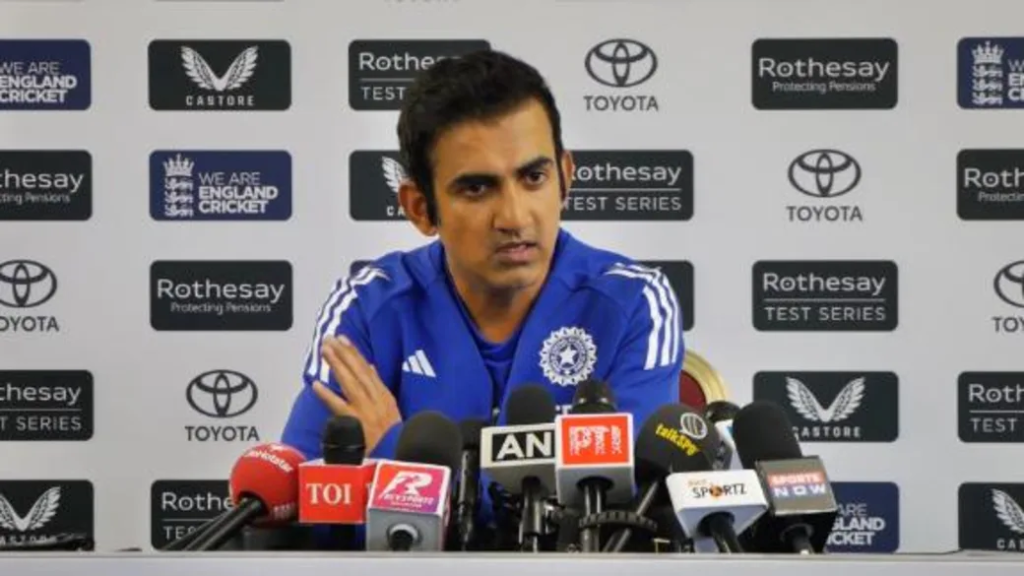
Cricket shouldn’t be played how Ben Stokes wants it to be played with the final hour looking like moral posturing.
Cricket must be played by the rules, not Stokes’ moral code.
What irritates cricket players is strange.
They operate under an ambiguous internal code of ethics. After identifying players they believe to be “mentally weak,” they can legitimately harass them in the name of sledging, but nothing is more infuriating than a batter who is rejected by a run-out backing up, which is perfectly legal. When they know the batter is not out but their team is out of reviews, they can frantically call for wickets.
They can violate the law to get a final bit of advantage, then take offence at someone who is receiving medical attention on the pitch or running out of time. Or someone who has spent the better part of a day batting to preserve a Test and keep his side alive, then continues to bat for a well-deserved milestone.
Ben Stokes is a really good athlete. For him, cricket is a much richer game. Even if it means missing time with his family in between Test matches, he gives it his all on the pitch. In Test cricket, this was his 12th Player-of-the-Match honour. Twelve men have more. Shortly after getting the final wicket at Lord’s, he and his team graciously celebrated victory by checking on a distraught Mohammed Siraj.
At the beginning of the required overs, they continued to complain that India had rejected their offer of a draw.
The crews had spent days and hours working on it. By that point, Ravindra Jadeja and Washington Sundar had resisted every attack from England. Their respective scores were 89 and 80 not out. In Test matches, Washington had already run out of partners on 85 and 96. It would be his first Test century.
The instant England’s bid for the draw was rejected, they erupted into this furious rage.
The game can be played in any way that is morally superior. According to the game’s rules, a match cannot be deemed over until all overs have been bowled or both captains have decided to end it early.
India captain Shubman Gill was perfectly justified in allowing his two rescuers to continue and enjoy a moment of personal glory on top of an incredible effort in the absence of their best batter of the previous five years, Rishabh Pant, just as England was right to offer the draw when they didn’t see another outcome possible.
When Joe Root, a legendary Test batter, reaches 100, the same dressing room cheers him on. When Root has to go to stumps unbeaten on 99, they become agitated.
In the heat of the moment, the ensuing breakdown can occur. The mind might become frazzled when one is at the very edge of one’s physical endurance, as was the case in England. Nevertheless, Stokes decided to virtue-signal even after having an hour to consider his course of action.
The Wellington proclamation, which was made shortly after Root’s century to set New Zealand a goal of 583, or the statement with a 352-run lead against Ireland in 2023, which was made shortly after Ollie Pope’s double-century, would have been mentioned if this article had been about whataboutism.
The England team’s goals were not affected by those extra few runs, but that is not the point of this discussion.
It’s about avoiding trying to force your beliefs on other people.
Unfortunately, this always came across as moral posturing, which is completely preventable. It is unfortunate that it occurred during the time of a fantastic ambassador for the game.

